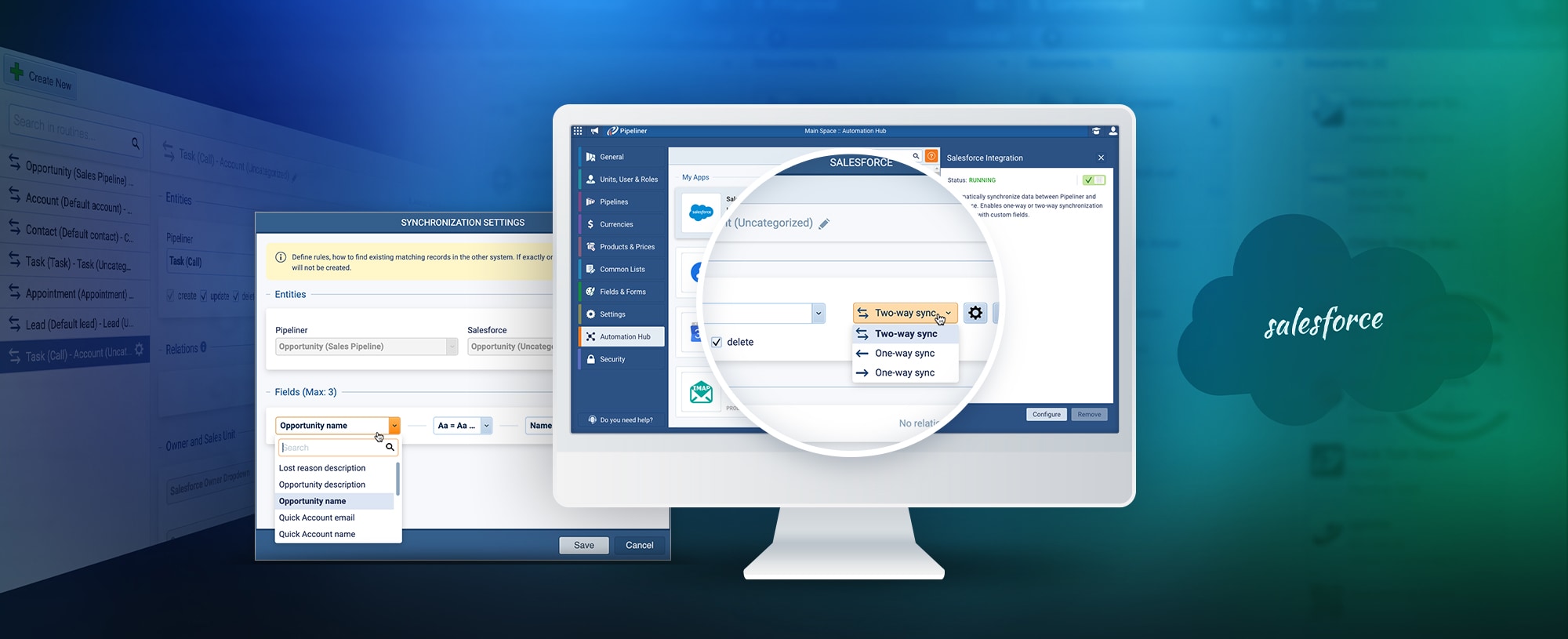It’s not a new experience for anyone to have been cheated when buying a particular productProduct Product refers to anything (an idea, item, service, process or information) that meets a need or a desire and is offered to a market, usually but not always at a price. or service—the company, or the service or product, was fraudulent. We all know how upsetting that can be as a buyerBuyer A buyer is an individual or organizational entity that purchases a product or subscribes to a service.. But what about its effect on the seller and the seller’s company? The “short win” isn’t sustainable.
In today’s environment of “instant gratification,” building something sustainable can be difficult. Some only want to make that quick buck because money is all that matters.
There are people today, however, who are becoming wise to the fact that nothing happens instantly in life. A person is not born and immediately becomes an adult. They don’t instantly understand a complex subject such as mathematics. A human’s growth curve is substantially longer than that of many animals. Many animals, such as horses, can walk as soon as they’re born. A human baby isn’t mobile at all, and humans have an additional layer of complexity because they require the human touch of love and care.
Moral, or Simply Intelligent?
I am certainly not aiming to preach through this series of articles. I’m not here to say, “Oh, it’s so important that you are ethical and moral.” I’m here to lay out a theory that is intelligent, long-term, and a better path to walk. It’s also a superior path for reaching financial stability and profit. Today, business neglects the use of any moral compass.
A good, stable society, and a company not wishing its products to end up in the garbage can or have its name bashed in the media, alike require a moral compass. It is an intelligent way to reach these goals.
Principles are the elements of a moral compass. These go as far back as the Bible and principles such as the Golden Rule of “Do unto others as you would have them do unto you.”
Altruism, the performance of a kind act with no expectation of anything in return, is another principle deeply rooted in humanity. In today’s world, where you often meet someone twice in life, this is a superior way to operate, because the second time you meet someone, they’ll treat you as you initially treated them.
These principles, aside from being moral, have the practical aspect of being intelligent. They make sense.
What Does “Win Together” Mean?
“Win Together” is the slogan we have created for Pipeliner CRM—and this is no coincidence. The idea behind this slogan is that neither party in a business deal tries to exploit the other unfairly. Sales management—or any management, for that matter—must pay attention to the business to ensure this is done. Winning together is a double-edged sword, helping both sides trim the unhealthy parts of a deal.
The example of business ethics is certainly not set by today’s government leaders. Witness the sheer number of impeachments and trials of senators and politicians. It’s a very slippery road we are on.
A traveling merchant, in ancient times, had to be wary of cheating a buyer, because it could mean the seller’s life. A betrayed buyer had a swift sword hand.
We find business ethics as far back as the Old Testament. The book of Proverbs, in chapter 20, verse 10, states that unequal weights and measures are both abominations. In other words, merchants should not use weights and measures that are not accurate and give them an unfair advantage.
This statement witnesses the fact that even back then, businesspeople could be deceptive. Weights could be cheated when buying goods. Measurements could be cheated when buying a piece of property. Why were these things being prohibited in the Bible? Because they bring about unrest, trouble, conflict, and war.
Responsibility for fair dealing doesn’t just fall to the seller. Later in the same chapter of Proverbs, an unfair buyer is also discussed, one who unfairly complains to a seller and thereby gets a lower price, and then later boasts about it.
Social Media Advantage—and Disadvantage
Social media today has tools for overcoming such unfairness. We have all seen, though, that social media can be both a blessing and a curse.
The blessing is when social media is used for honest reviews. Mixed in with these, we have reviews from “robots” that aren’t genuine. There are those companies, though, such as Amazon, that contain both pro and con reviews so that a potential buyer can view both sides.
The curse aspect can be seen in an example from my own company’s experience. He came to us with CRM requirements, asking if our system could perform certain functions. We demonstrated to him that it could. After he purchased the software, however, he changed his requirements to something he never went over with us, and came back to us saying, “Hey! You don’t do this!” He then demanded his money back and went to social media and posted untrue statements about what had transpired. We cannot contest this online, so that’s definitely the “curse” side of social media.
Take the Sustainable Way
The “quick win” route is taken all too often today. In the long run, this is devastating because the only things in life that have a positive impact and are good for everyone are those that are truly sustainable. Remember the general store in The Waltons television series? The people in that small town would not betray each other because they would then lose each other.
We are made vulnerable only by the anonymous trader with their short-term mindset. They don’t care how they obtain profit. This is unsustainable.
Too often, we see this unsustainable operation today in the building trades. A contractor quotes a remodeling job for a kitchen at 80 hours. They then came back, at the end, and said that it took 120 hours—but during that time the homeowner observed them taking 2-hour lunches and spending a lot of time sitting around.
I had a personal experience along these lines recently. I hired a transportation company to move some goods, and they were paid by the hour. At one point, we left to go somewhere else, and they didn’t know that we turned around and returned. We caught them sitting in their car outside the house, listening to music and smoking.
Honesty is the result of the Biblical principles cited above. These principles are founded on the understanding that a company’s reputation is made by its customers. As I have often said, the currency of the future is recommendations. The transportation company that came to my house will definitely not be getting a positive recommendation.
I make this common-sense appeal to any company that survives by recommendations: why destroy your customerCustomer Customer is an individual or an organization that purchases a product or signs up for a service offered by a business. base? Your customer base is your best marketingMarketing Marketing is the field, set of actions, or practice of making a product or service desirable to a target consumer segment, with the ultimate aim of effecting a purchase.—when you are honest, ethically correct, have fair prices, and deliver good service. That is the only route to sustainability.
The Search for Honesty and Trust
These principles also stem from our longing, as humans, for honest relationships.
Today, what are people seeking out? People who they can trust. In a society where you can’t trust anymore, people are looking for trust. They don’t want to be cheated. It goes back to the Golden Rule quoted in the beginning of this article.
Knowing that we can only find trust in a real relationship, it is honesty we long for. When trust is betrayed and cut, it is very difficult to gain back. The deeper the relationship, the deeper the cut, and the harder it is to repair. In a marriage, it can truly be impossible, and I think the number one reason for divorce is that the parties involved cannot overcome betrayal.
In that betrayal of trust results only in conflict, we are seeking, in trust, a peaceful environment. In business, who benefits most from conflict? Lawyers. A great deal of business law stems from conflict, which only occurs in the presence of betrayal and a lack of business ethics.
It Will Come Back
This article’s final example is taken, once more, from our own experience at Pipeliner. We had a customer who was up for CRM renewal. The person in charge at the company had received the renewal invoice, and it appeared everything was fine. He had no complaints about the product or the service.
But then, he didn’t pay the invoice. Our system automatically suspends the customer from using the software when that happens. The man at the company immediately called his Pipeliner sales rep, apologizing profusely and saying he would pay the following week. They were restored, but they removed their dataData Data is a set of quantitative and qualitative facts that can be used as reference or inputs for computations, analyses, descriptions, predictions, reasoning and planning. from the system over the weekend and blew us off.
I believe someone who commits an act like that will have it come back to them, perhaps even worse.
These principles have wide and positive applications for your business, your reputation, and, actually, life itself. The next article will be all about how we put these into effect.





